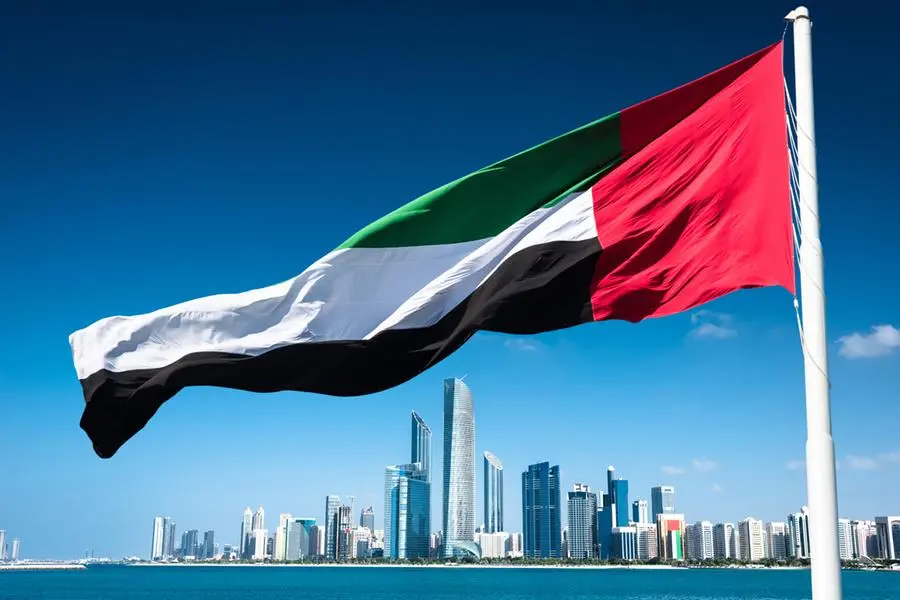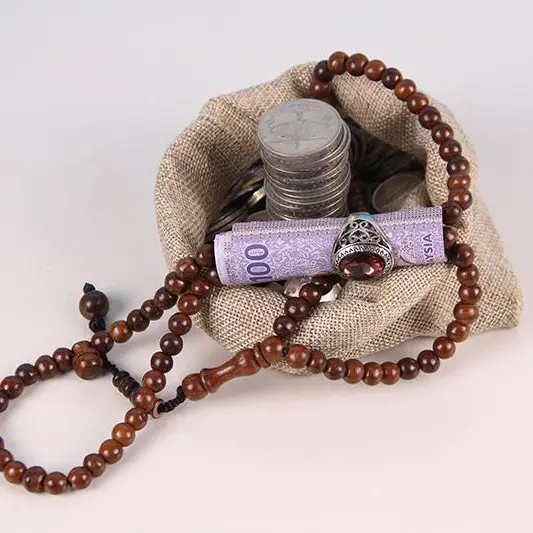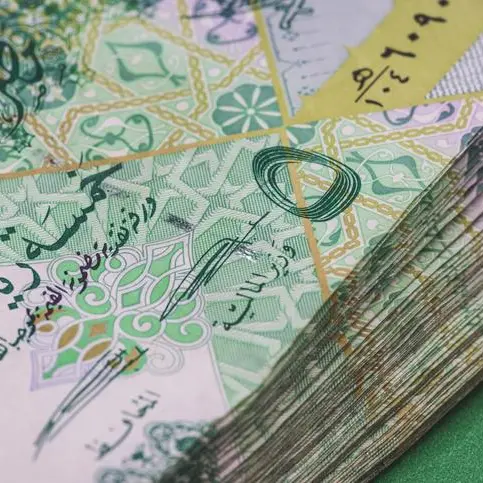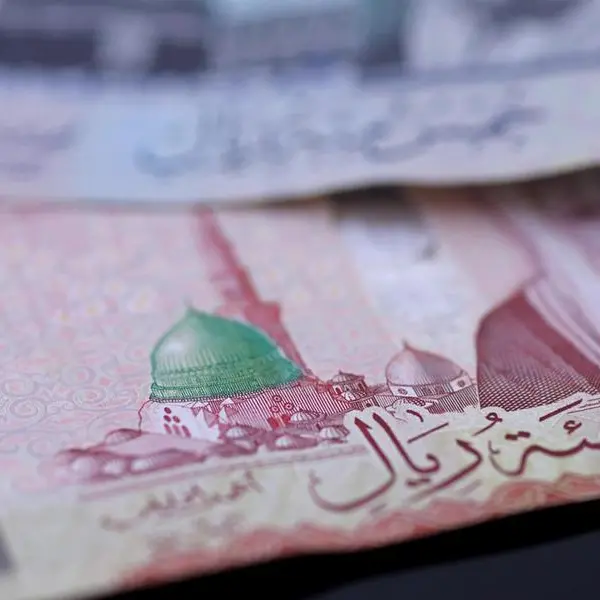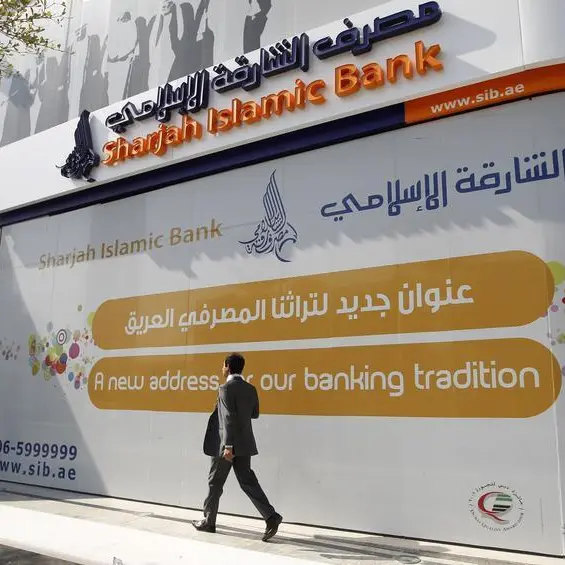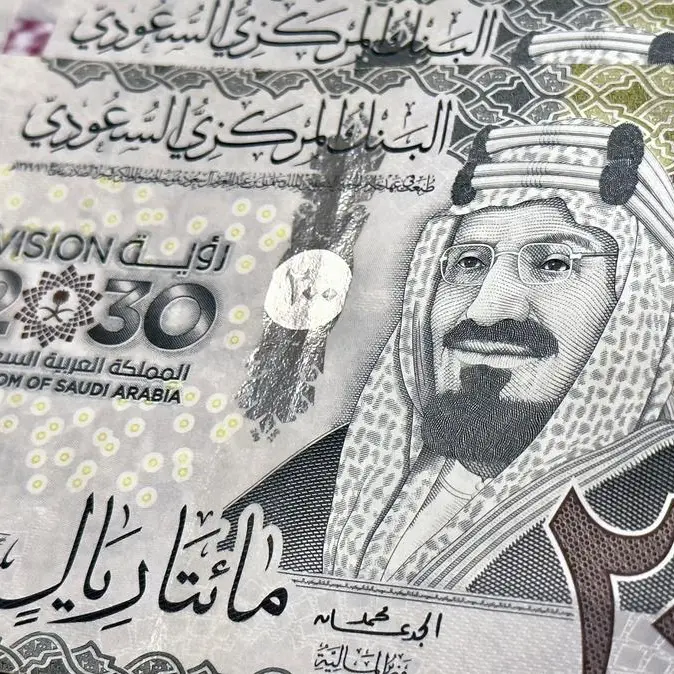PHOTO
The Central Bank of the UAE (CBUAE) has revealed that the main Islamic financial markets are located in the Gulf Cooperation Council (GCC), Southeast Asia, and South Asia. The UAE ranks fourth among the largest Islamic financial markets in the world (in terms of assets) according to the Islamic Finance Development Indicator report 2023 (IFDI 2023).
The CBUAE said in its UAE Islamic Finance Report 2023 that the Islamic finance sector grew by 11 percent in 2022, bringing the value of global Islamic financial assets to AED16.5 trillion (US$4.5 trillion). The sector has achieved a 69 percent increase over 5 years and a 163 percent increase over the past 10 years.
The report explained that Islamic finance has developed in the UAE since the establishment of the first Islamic bank in 1975 through several sectors including Islamic banking, takaful insurance, and sukuk. Islamic finance has become an integral part of the financial sector in the UAE due to the presence of a strong regulatory environment that balances regulatory and legal requirements with the provisions of Islamic law.
The CBUAE said that the assets of Islamic banks and windows in conventional banks currently represent 23 percent of total banking assets in the UAE, after achieving a growth of 16 percent over the past five years. The sukuk market is also witnessing an expansion in the UAE, as the federal government recently issued Islamic treasury sukuk in the UAE dirham, which could be a catalyst for other entities to issue Islamic sukuk.
The report stated that Islamic finance in the UAE has seen a greater focus in recent years on initiatives related to harmonisation and calibration of Shari'ah requirements with the aim of promoting the stability and growth of Islamic finance and providing an enabling environment for the development of innovative products and services. Federal Law Decree No. (50) of 2022 on the issuance of the Commercial Transactions Law represents one of the main pillars supporting the prosperity of Islamic finance and the trend towards increasing legal certainty in its transactions and activities to consolidate trust between all relevant parties.
The report noted that the Islamic finance sector has played a major and growing role in the field of sustainability globally due to the great compatibility and integration between the requirements of Islamic law and the aspirations of the Sustainable Development Goals.
The report stated that the rapid growth rate of ESG-related sukuk issuances is one of the indicators of the rapid development of sustainable Islamic finance, with total issuances reaching AED 120.3 billion by the first half of 2023.
The report pointed out that sustainable finance has witnessed rapid growth in the UAE since the issuance of the country's first green sukuk in 2019, whether through Islamic capital markets or Islamic financing. ESG sukuk issuances due in the UAE accounted for 15 percent of global ESG sukuk.
The report indicates that the central bank's initiatives in sustainability and sustainable finance have included integrating sustainability standards into reserve management, supporting digital transformation in the financial system, internal transition towards sustainability, conducting stress tests for climate-related risks, commencing supervision of climate-related financial risks, meticulous monitoring of sustainability standards in the financial sector, launching principles for effective management of climate-related financial risks, and developing the sustainable Islamic finance sector.
The report clarified that the Higher Shari'ah Authority at the central bank has encouraged Islamic financial institutions to play an active role in sustainable finance by adopting a balanced approach to its environmental and social aspects. In 2023, it issued guiding principles on sustainable Islamic finance, emphasising the Shari'ah principles and jurisprudential methodology for incorporating sustainability into Islamic finance. It also noted that sustainability considerations fall within the Shari'ah responsibilities of individual ownership, balancing individual interest with public interest, which includes the environment and society.
The report highlighted that the Higher Shari'ah Authority introduced 10 requirements and recommendations for sustainable Islamic finance. The central bank and the council continue to collaborate with Islamic financial institutions in the country to develop this field.
A survey of the UAE Islamic banking sector, covering local and foreign full-fledged Islamic banks and Islamic banking windows of conventional banks, revealed that 79 percent have a sustainability strategy, while 74 percent reported that their strategy has been approved at the board level.
All of the Islamic banks said they have sustainability strategies in place, however this was not the case for conventional banks with Islamic windows, where some strategies were under development or waiting to be formalised for publication in the coming year.
